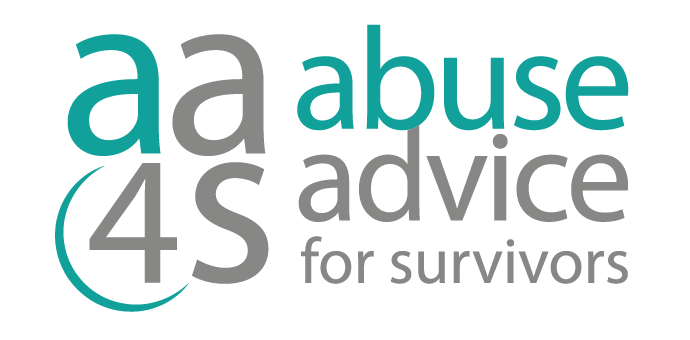
The case that started all the problems
A landmark case called Poole Borough Council v CN & Another [2019] UKSC 25 created legal uncertainty in the area of “failure to care” cases when it went to the Supreme Court in 2019. So severe are the problems that another 2 cases will be heard by the Supreme Court shortly so as to clarify what is meant by an “assumption of responsibility by a Local Authority over a child in need. I am familiar with the case as I acted for 2 intervenor charities but more specifically the Care Leavers Association.
The case was brought against Poole Borough Council for failing to protect two children from the antisocial behaviour of neighbours whilst in the care of their mother. The abuse was so severe that at one point one of the victims – who has severe physical and learning difficulties, and was classed as a ‘child in need’ under the Children Act 1989 – attempted suicide.
Charities Article 39, which fights for the rights of children and young people who live in children’s homes, prisons and other institutions, as well as The Care Leavers’ Association, which supports care leavers of all ages, were given permission to intervene in the case amidst concerns about ‘justice being denied’ to the people they serve.
The Legal Aftermath
When a child is in need of being taken into care due to issues at home, the process goes through several typical phases starting with an initial complaint, sometimes by a vigilant neighbour, and finishing with a full care order, the child being either temporarily or permanently removed from home.
The legal uncertainty is at what stage the Local Authority assumes responsibility for the child, and thus becomes liable if things go wrong. At one time, before this case, it was held that a Local Authority assumed responsibility as soon as it got involved with the family. Now that is no longer the case.
What are the issues?
Without doubt a duty of care is owed when a full care order is made, but at what stage beforehand is uncertain. This is what the Supreme Court will, hopefully, clarify soon. Two cases, which are trying the same point have been elevated to the Supreme Court involving two different care cases. The various scenarios up for debate are, for instance:-
- The first response from social services in reaction to say a complaint that a child is being abused. Let us say that no action is taken by Social Services. There is little authority for the proposition that Social Services have “assumed responsibility” yet.
- Let us say that in response to the complaint, social services take proceedings in the Magistrates Court for a protection order and remove the child from the home into emergency foster care. There is limited but not reliable authority that this may amount to an assumption of responsibility.
- Alternatively, the local authority hold a case conference with all parties, and decide to apply for legal advice but fail to do so and leave the child where it is to be abused. Again some debate as to whether a duty of care arises.
- Imagine the Local Authority hold a case conference, put the child on the protection register, plan to relocate but fail to do so. Again limited authority their being an assumption of authority, and a duty of care.
The two cases going to the Supreme Court are called HXA & YXA v Surrey County Council and Wolverhampton City Council [2022] EWCA Civ 1196. Some of my colleagues at Scott-Moncrieff are acting for the Claimants. Let us hope that Lord Reid, who wrote the judgment in Poole Borough Council v CN & Another clarifies the law and answers the sort of questions posed above in his judgment.
The problem with the previous precedent is that it was not on all fours with the sorts of cases that we at ACAL are used to fighting because it involved trying to litigate against the Local Authorities and blame them for the acts of a third party over whom they arguably had no duty of care, as opposed to in the typical cases where there is little doubt that the object of Local Authority protection is the child and no others. On the other hand one is trying to blame the Local Authority for the behaviour of parents, sometimes step-parents towards their child.
Let us wait in hopeful expectation.
If you need any assistance, do not hesitate to contact me.



